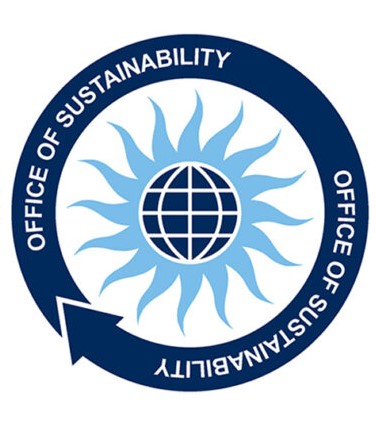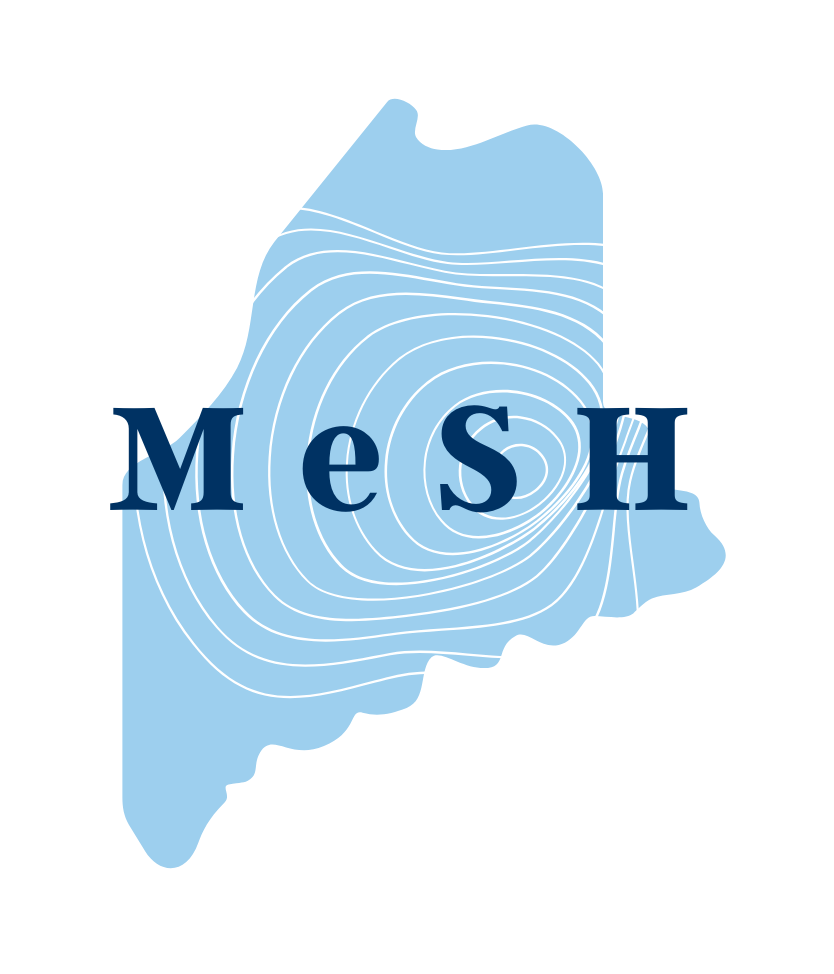Office of Sustainability
The Office of Sustainability is committed to working with all UMaine constituents to reduce the environmental footprint of the campus. The office makes ongoing education and outreach efforts to ensure that sustainability awareness and a genuine concern for the health of our environment become second nature to all members of the UMaine community.

There are various opportunities for involvement in sustainability related activities at UMaine such as student organizations, sustainability focused courses, and several Centers such as the Mitchell Center for Sustainability Solutions! There are also environment focused publications which take submissions and a digital Environmental Stewardship badge. Sustainability Grants are available for staff, faculty, and student-led projects that improve the environmental sustainability of campus facilities and operations in creative and cost-effective ways. For more information, please contact 207-581-1571, sustainability@maine.edu, or UMaine Sustainability on Facebook.
Campus Master Plan
The University of Maine has a long history of involvement in sustainability research, policies, and projects. In 2009, a comprehensive Campus Master Plan was developed to serve as a roadmap for the sustainable development of the University of Maine campus for the next 20 years. It provides guidance for realizing a sustainable vision for the institution, while honoring the University’s past and enabling the people who are responsible for its future. Over 25% of UMaine researchers and 75% of departments conduct sustainability related research. More than 65% of Departments offer one or more courses that include sustainability concepts. UMaine has accomplished an 18% reduction in GHG emissions and over 20% reduction in water use per user and per GSF from 2007 to 2017. More than 20% of dining food purchased are locally sourced and over 60% of cleaning and janitorial purchases are green certified. UMaine diverts 48% of our waste (over 400,000 lbs of pre-consumer food waste per year) through recycling and composting programs which are used to sustainably manage campus grounds without the use of fertilizers, herbicides, pesticides, and fungicides.
Climate Leadership Commitments:
In February 2007, the University of Maine became a charter signatory of the American College & University Presidents’ Climate Commitment (ACUPCC). Many colleges and universities have signed, recognizing their unique responsibility to serve as role models for their communities and to develop solutions to combat climate change. In 2015, the ACUPCC was renamed the Climate Leadership Commitments.
The Carbon Commitment:
UMaine is a signatory of the The Carbon Commitment, which is focused on reducing Greenhouse Gas emissions and achieving carbon neutrality as soon as possible. By signing, UMaine agreed to develop a Climate Action Plan to achieve carbon neutrality which involves conducting a Greenhouse Gas emissions inventory and implementing steps to reduce emissions.
AASHE STARS:
The Sustainability Tracking, Assessment & Rating System (STARS) is a program of AASHE, The Association for the Advancement of Sustainability in Higher Education. STARS is a comprehensive sustainability rating system for colleges and universities that addresses the environmental, social and economic dimensions of sustainability. UMaine completed its first STARS report in April 2019, earning a STARS silver rating. UMaine’s report is on the STARS website.

